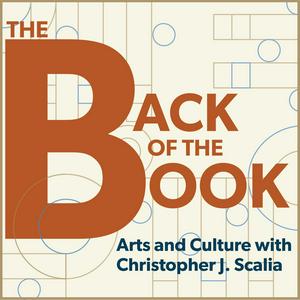For this special Christmas episode, Chris is joined by Joseph Bottum, a distinguished man of letters who has written extensively about the Yuletide season. They discuss the significance of the holiday and the festivities (both old and new) associated with Christmas, its various literary portrayals over the years, and Jody’s own Christmas essays and tales.
Show notes:
Jody's book of Christmas-themed essays and tales, Frankincense, Gold, and Myrrh
Jody's memoir of Christmases of his youth, The Christmas Plains
Jody's Christmas essays for First Things, The Lamp, Law & Liberty, Public Discourse, and The Wall Street Journal
Jody's Christmas EP, Grace and Gladness
Time stamps:
1:39 – The literary qualities of Christmas
15:45 – The opulence and "thickness" of Christmastime
25:38 – Jody's literary influences and the tradition of the Christmas story
33:40 – Dickens as "the great unconscious novelist"
43:29 – Jody's Christmas tales and Chesterton's poem "The House of Christmas"
Opening and closing music: Brendan Benson, “Spit It Out,” used with permission from the artist.
Produced by Sean Doolan.


